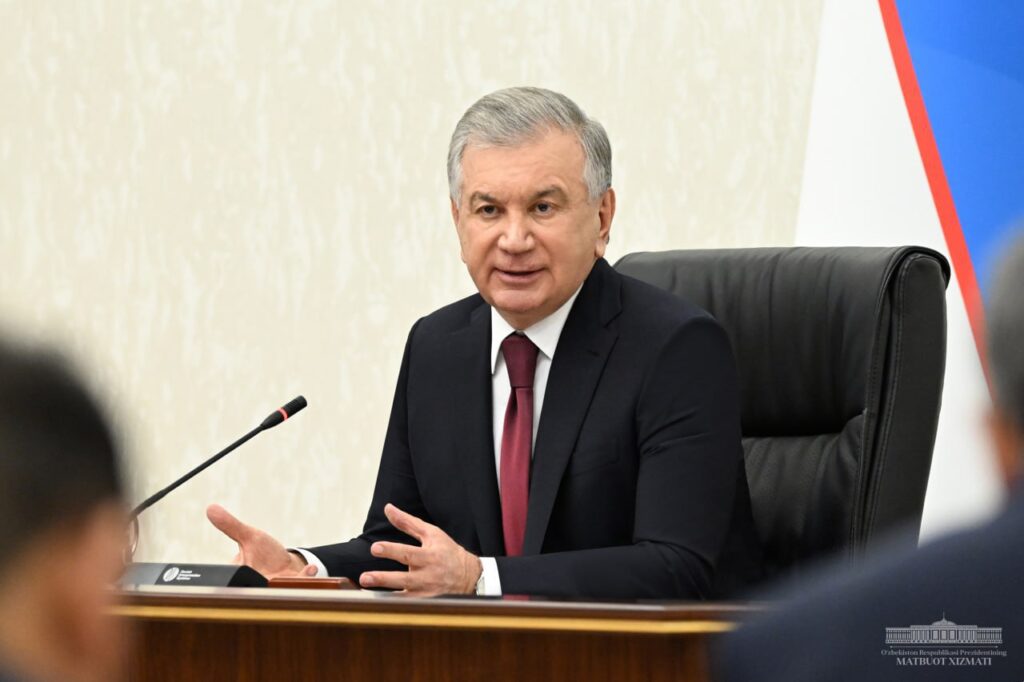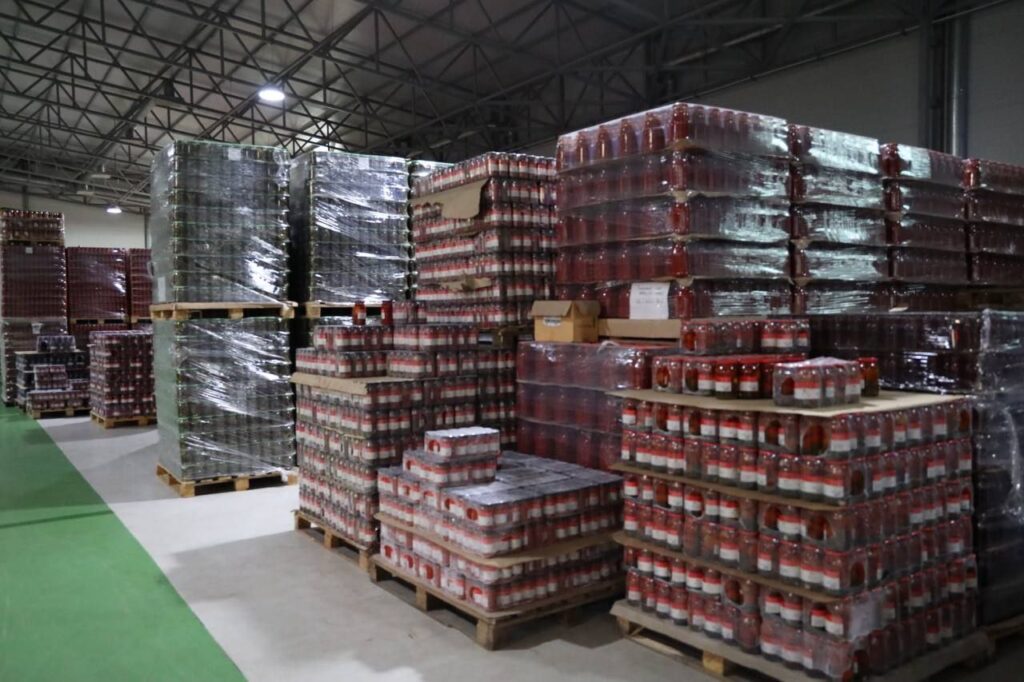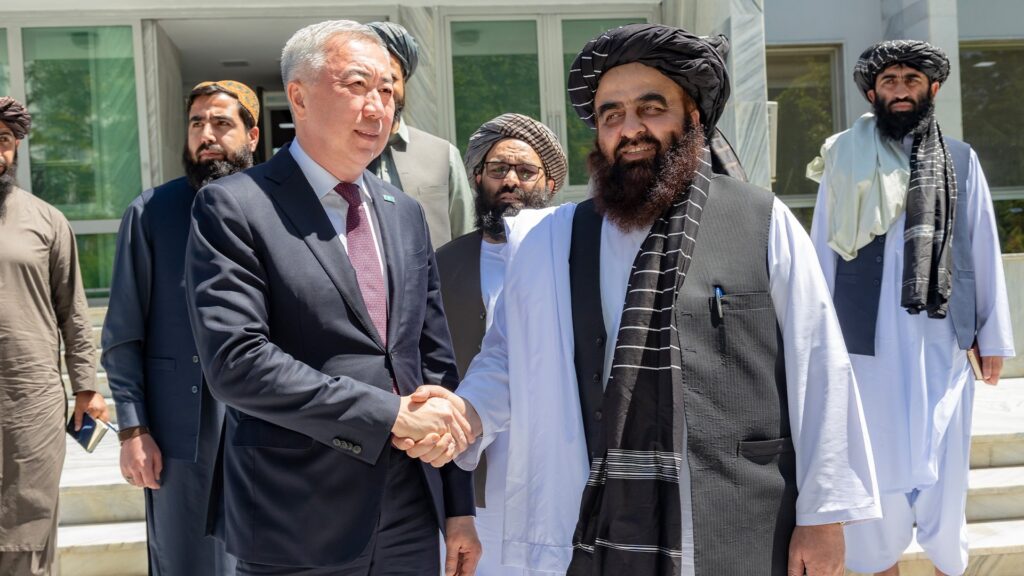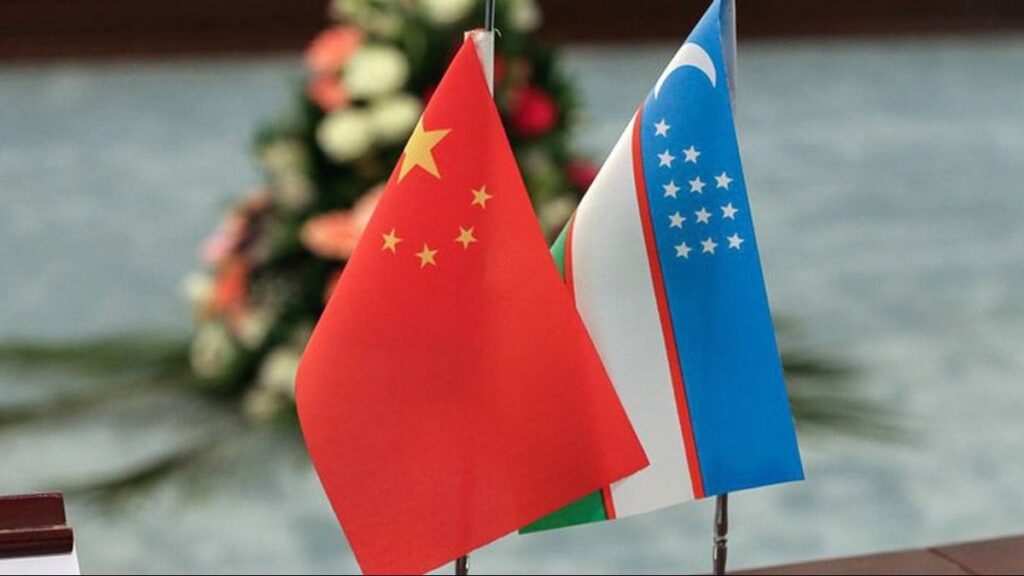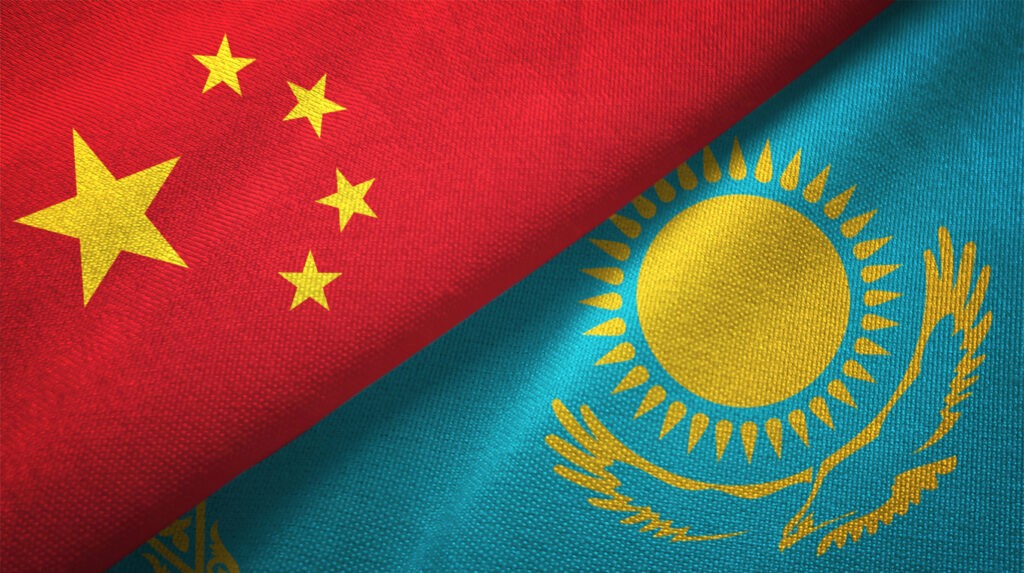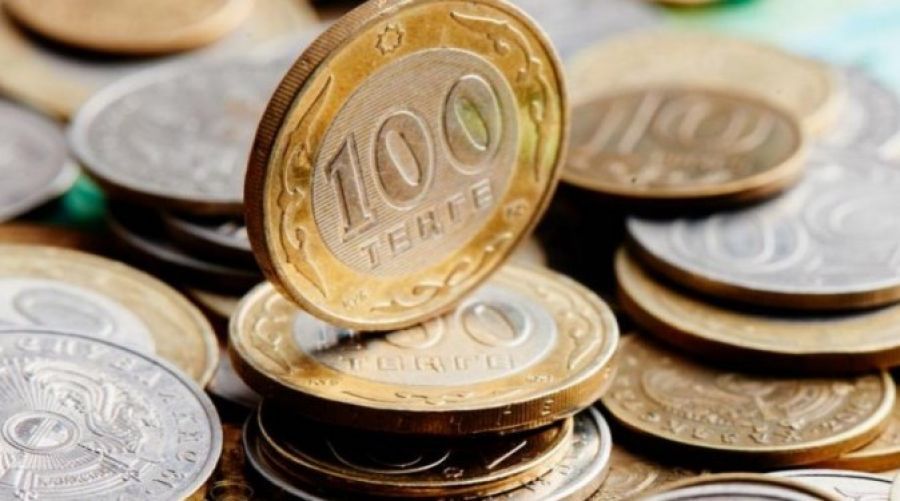Viewing results 1 - 6 of 916
Uzbekistan's president Shavkat Mirziyoyev has signed a decree that will put up for auction shares in 247 state enterprises and 1,028 units of real estate. Initial public offerings (IPOs) and secondary public offering (SPOs) of 12 large enterprises are also to be held on the domestic stock market. The Uzbek government is planning various incentives to speed up the sales. For example, if an asset is not sold within three months of the auction opening, its value will be phased down to 10% of the starting bid price. Lessees of state property will be able to buy the assets under contract directly at the appraised value, and those who purchase privatized state assets in installments will be able to pay just 15% of the purchase price in the first three months, and the rest only within the next 10 years. Additionally, the privatization program provides for simplified sale of land plots located along international highways, as well as the sale and registration of land assets for the construction of commercial and service facilities along those roads. Earlier this year Mirziyoyev criticized the slow pace of property privatization in the country and noted that it could bring 20 trillion sum ($1.5 billion) to the national budget. According to Mirziyoyev, many enterprises have artificially inflated their valuations to avoid transferring state assets to private ownership. The Ministry of Health (39), Uzpromstroybank (27), the Ministry of Preschool and School Education (21), the Committee on Roads (17), the Ministry of Higher Education, Science and Innovation (14), Uzbek Postal Service [Pochtasi] (14), and the Ministries of Culture and Water Management (13 each) have the most unrealized assets that should be transferred to the docket for privatization. Thanks to the incentives, significant revenues are expected from the sale of land to entrepreneurs through the auctions, which last year generated 1 trillion sum ($78 million) in windfall for the state budget. Among the most significant objects privatized in recent years were the Kokand Superphosphate Plant, in which a foreign investor invested $40 million and increased production fourfold. Furthermore, the sale of state stakes in Ipoteka Bank ($324 million) and in Coca-Cola Uzbekistan ($252 million) netted significant cash injections for the government.
The Kyrgyz Ministry of Agriculture, Forestry and Water Resources has urged more domestic businesses to establish and expand trade in agricultural produce with the People's Republic of China (PRC). Kyrgyz farmers and processors currently export wheat flour, cherries, melons, grapes and soybeans to China and to increase food exports, the ministry has issued a series of guidelines. Entrepreneurs and small-business owners must first be registered on the website of the General Customs Administration of the PRC, and to satisfy Chinese demand, ensure that their produce is devoid of genetically modified organisms (GMOs) and harmful additives. "It should be noted that requirements on the Chinese side differ according to risks posed by individual plant products," warned the Kyrgyz Ministry of Agriculture, "and conducts a comprehensive inspection of produce provided by first-time exporters." In his address at an earlier conference in Bishkek, Chinese Ambassador to Kyrgyzstan Du Dewen confirmed China's need for imports from organic agriculture vendors and plans to improve trade relations with Kyrgyzstan. According to the General Customs Administration, Kyrgyzstan increased its annual export to China by over two-fold in the first quarter of 2024, and total bilateral trade turnover stands at $4.5 billion per year. In a recent list provided by Chinese authorities, Beijing requires beef, poultry, fish, as well as cowhides, sheep, goats, and washed wool and cashmere.
Members of Kazakhstan's government and representatives of the Taliban have discussed expanding transportation links between Astana and Kabul, according to the Kazakh government's press service. The Kazakh side has said it's ready to participate in projects to develop the Trans-Afghan corridor: the construction of the railroad routes Termez - Mazar-e-Sharif - Kabul - Peshawar and Herat - Kandahar - Spin - Buldak. The projects, say Kazakh officials, will make it possible to reduce the cargo-transit time between the countries of the region almost 90%, as well as reducing the costs. Kazakhstan is ready to participate in the construction of a Trans-Afghan highway by supplying sleepers and fasteners to Afghanistan. Representatives of the national rail carrier Kazakhstan Temir Zholy, or KTZ, spoke about the new cargo delivery route. "Today we launched a pilot project to organize a new multimodal export route from Kazakhstan through Uzbekistan, Afghanistan, Pakistan and further by sea to the port of Jebel Ali in the UAE. The new route is organized with the participation of KTZ Express. The exporter is Kazakhstan's Bio Synergy, and the shipping partner is Pakistan's National Logistics Cell (NLC). The loading of cargo has already started in Pavlodar region. That cargo is aluminosilicate hollow microsphere. In Almaty, the cargo will be reloaded into containers and transferred to the cars of the Pakistani partner. From there by motor transport it will pass through Uzbekistan and Afghanistan to the port of Karachi in Pakistan. From there, two containers will be sent by sea to the port of Jebel Ali in the UAE," commented KTZ's managing director Bauyrzhan Urynbasarov. The parties also discussed the possibility of arranging more flights between the countries. Under earlier agreements, air carriers from Kazakhstan and Afghanistan have the right to perform three regular passenger/cargo flights per week. Kazakhstan is ready to consider accepting more flights from Afghan airlines. Over the past three years the volume of exports from Kazakhstan to Afghanistan has been steadily growing. In 2023, the volume of transportation by rail amounted to 2.7 million tons, of which 1.5 million tons was flour and grain. In December 2023 Kazakhstan removed the Taliban from its list of banned organizations. According to the Kazakh Ministry of Foreign Affairs, the Taliban was no longer classed as a banned organization "in accordance with the practice of the UN [United Nations]."
In the first three months of 2024, the value of bilateral trade between China and Uzbekistan reached $2.1 billion. During this period, Uzbekistan's exports to China totaled $349.4 million, whilst imports from the People's Republic of China (PRC) reached $1.7 billion. This trade flow reflects a significant surplus in the PRC's trade balance, indicating a steady demand for Chinese goods. According to the Uzbek statistics agency, trade with China accounts for 21.5% of the country's total foreign trade. The number of companies with Chinese investments is steadily growing in Uzbekistan - at the beginning of April, there were 2,501 of them, up 7% compared to the end of last year. At a meeting of the leaders of Uzbekistan and China in Beijing in late January, 2024, Presidents Mirziyoyev and Xi agreed to prepare programs of cooperation in infrastructure development, industrial cooperation, technology transfer in agriculture, and green energy. Last year, Chinese companies commissioned two solar power plants in Uzbekistan with a capacity of 1,000 MW. Mirziyoyev and Xi said bilateral trade turnover between the countries could reach $20 billion annually. The two sides see great potential in the construction of the China-Kyrgyzstan-Uzbekistan trunk-line railroad. According to various estimates, this multi-modal corridor will reduce the distance of cargo delivery to Europe from China by 900 kilometers, saving 7-8 days of transit time.
According to Chinese Customs Service data from the first quarter of 2024, Kazakhstan became the main trade partner of China's Xinjiang Uygur Autonomous Region. Since the beginning of the year, Xinjiang has conducted trade with 193 countries and regions of the world. The volume of imports and exports with Kazakhstan and Kyrgyzstan in currency terms has increased by 58.8% and 1.9% respectively. The volume of foreign trade originating from Xinjiang since the beginning of 2024 has increased by 42.7% year-on-year and reached about $13.2 billion. That puts Xinjiang in second place in China in terms of trade growth at the provincial level. Imports of agricultural products specifically increased by 36%. According to the General Customs Administration (GCA) of China, last year the trade turnover between Kazakhstan and Xinjiang increased by 63% and reached $20.3 billion. In the first half of 2023 China became Kazakhstan's main trading partner, displacing Russia. China supplies the country with cars, computers and laptops, plastics and plastic products -- and from Kazakhstan imports oil, natural gas, uranium, ferroalloys, mined ores and concentrates and oilseeds.
The National Bank of Kazakhstan has revealed its strategy for investing the National Fund's money in alternative instruments, emphasizing the gradual increase in money committed to that tranche of investments to $2.5 billion by 2025. This portfolio, launched in 2023, represents 3% of the total allocation of the savings portfolio and will be a key element of asset diversification. National Bank officials note that this decision came as part of a drive to balance the National Fund's assets and improve returns. This, in turn, contributes to additional diversification and mitigation of risks. The National Fund Management Concept to 2030, developed by the country's main bank and approved by president Kassym-Jomart Tokayev, defines strategic principles and approaches aimed at maximizing returns. It includes the use of defensive strategies, factor investing, and also pays attention to ESG (Environmental, Social & Governance) principles. The structure of the National Fund consists of a stabilization portfolio and a savings portfolio. While the former is invested in short-term government securities issued in developed economies, the latter is more diversified and includes a wide range of assets, including alternative instruments and a gold portfolio. The National Fund's assets currently stand at $60.7 billion, despite the withdrawal of 35.5 trillion tenge (~$77 million) over the past ten years, mostly during the pandemic.


